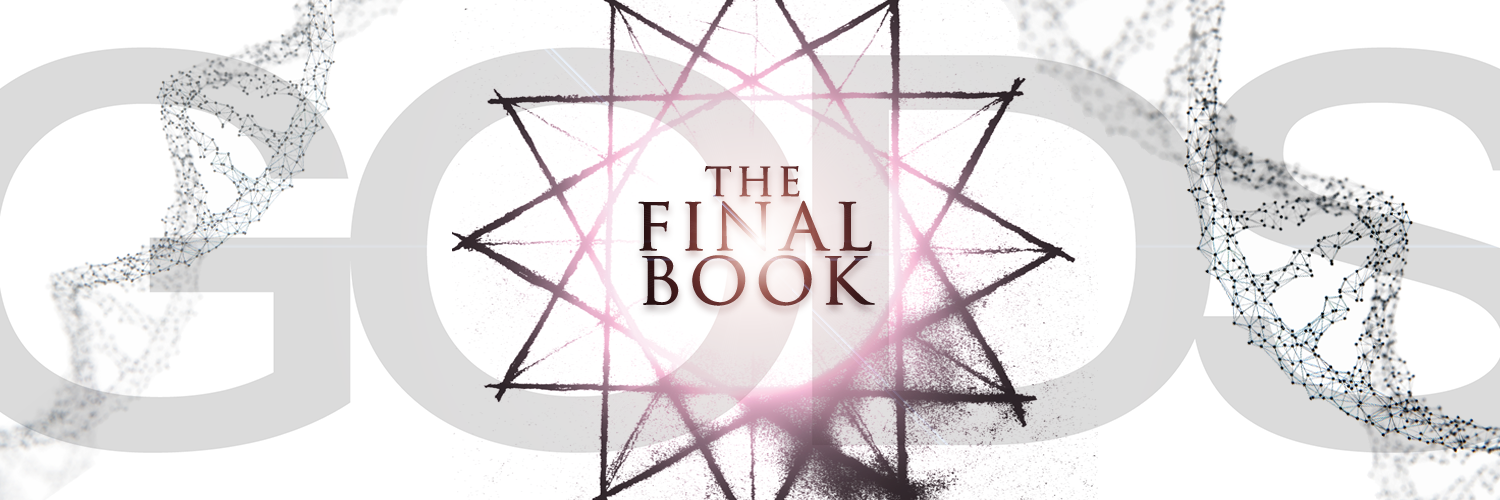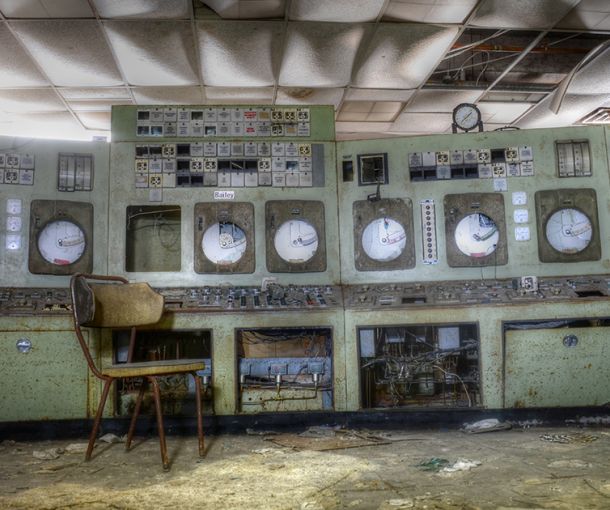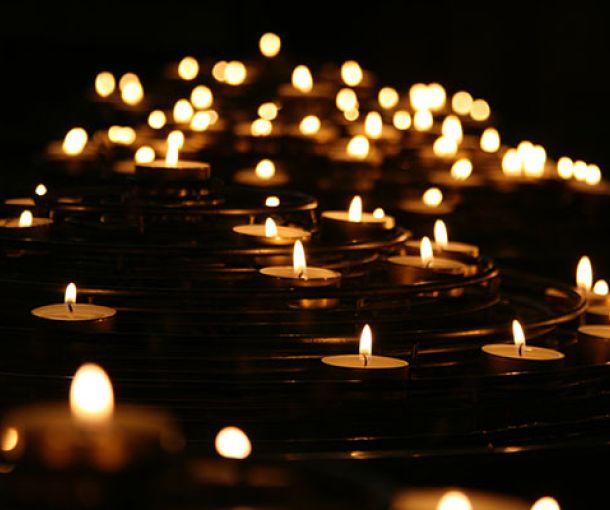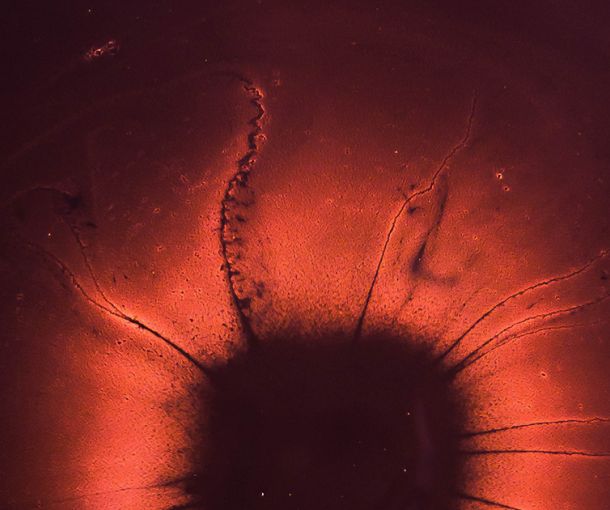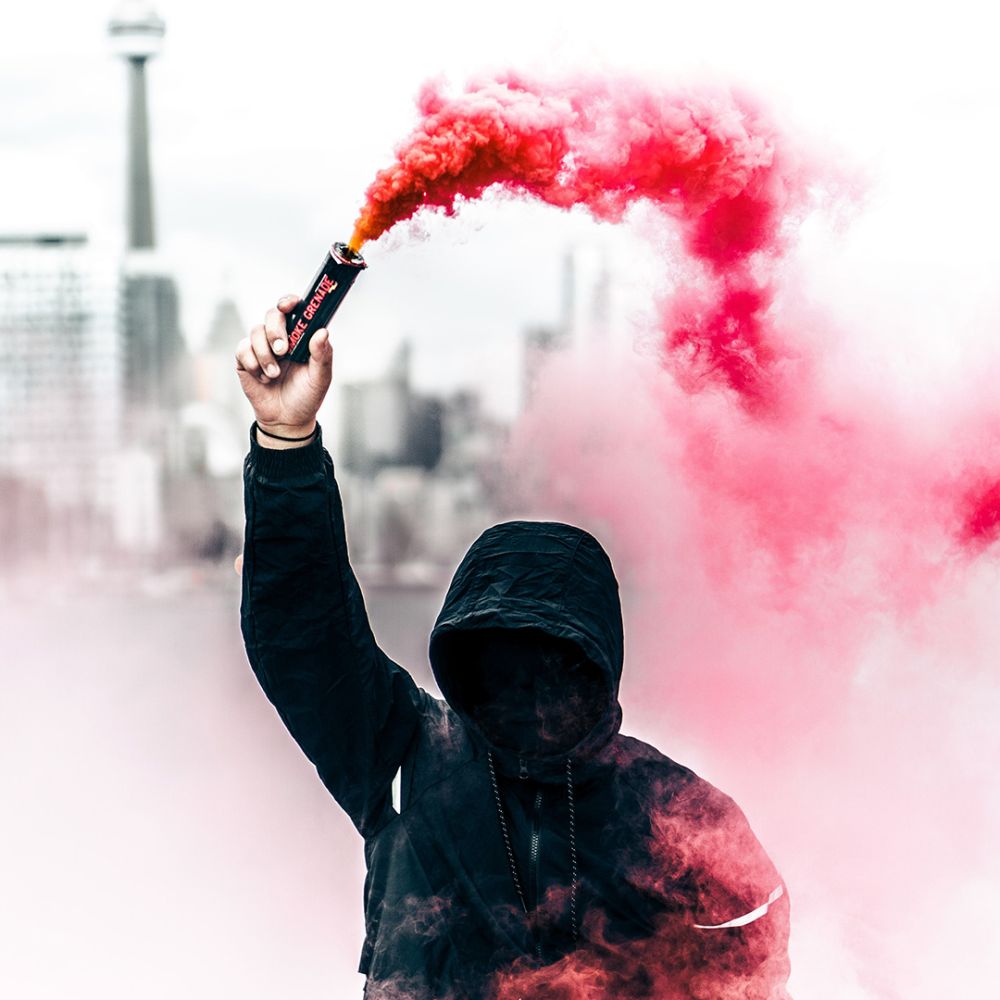
Deconstruction is a valuable tool; though “deconstructionists” are the darkest sludge to crawl out of academia. All critical theory that doesn’t pose a solution is pure garbage and waste of time.
In Marx’s Manifesto of the Communist Party, he draws the battle line distinctly between the oppressor and oppressed. While he notes that there have been many revolutions over the centuries, the system that creates oppressors has never been abolished; but rather has been adopted and perpetuated by the new powers. “The modern bourgeois society that has sprouted from the ruins of feudal society has not done away with class antagonisms. It has but established new classes, new conditions of oppression, new forms of struggle in place of the old ones” (Marx 204). The bourgeois, in Marx’s view, has rid itself of “natural superiors” (feudal, patriarchal, and ideological) but replaced these superiors with a single, unconscionable exploitation in the form of “cash payment” and Free Trade (Marx 206). In turn, this monetary system has converted lawyers, priests, poets, and scientists into paid wage laborers (Marx 206).
As discussed in the prior post on alienation, the bourgeois have turned the weapon of capitalism upon themselves and are bringing death to itself through the exploitation and objectification of the working wage paid class—or the proletariats. The proletarians are the class of bourgeoisie, the modern working class, “who live so long as they find work, and who find work only so long as their labor increases capital” (Marx 211). These workers sell themselves as a commodity, in a highly competitive and shrinking marketplace—a model that is unsustainable.
Of all the classes capable of combatting the bourgeois, the proletariat alone is the only revolutionary class. They are essential to the bourgeois (Marx 215) but the proletariat have been stripped of property, common family and communal relations, industrial labor, capital, and all traces of national character (Marx 216). “Law, morality, religion, are to him so many bourgeois prejudices, behind which lurk in ambush just as many bourgeois interests” (Marx 216). In turn, the proletariat have nothing left to lose and their sole mission is to destroy all bourgeois conditions of individual property simply to ensure their own survival.
Proletarians and Communists
According to Marx, the solution to the overarching societal problem is the elimination of the bourgeoisie. The disenfranchised proletariats are to join the Communists party, a global working-class movement unbounded by nations and borders and possess no interests separate of the proletariat as a whole (Marx 218). The immediate goal of the Communists party is the conquest of political power—where democracy allows, seize power democratically by rallying the proletariat in the effort to abolish private property (Marx 219). In lieu of democracy, unionize labor and strike, and finally, if all else fails, seize power by revolutionary force.
The mission of the Communists is not only abolishing personal property but also capital, wage labor, and status. Marx claims that nine-tenths of all of this property is owned and controlled by the bourgeois (Marx 220), or inverted that one-tenth of all property is owned by the proletariat and that one-tenth is a mere illusion as it cannot compete in the capitalist marketplace against the bourgeois; yielding no practical common good to the proletariat class. Any current property owner wielding his power of property is “an individual of the bourgeois” and this person must be swept aside (Marx 222).
Marx continues, “Abolition of the family! …On what foundation is the present family, the bourgeois family, based? On capital. On private gain” (Marx 223). Children, in the eyes of the bourgeois, are nothing more than “articles of commerce and instruments of labor” (Marx 224). Abolition of wives (Marx 224). Abolition of countries and nationality (Marx 225). Abolition of eternal truths such as justice, freedom, and morality (Marx 226). “The communist revolution is the most radical rupture with traditional relations… and its development involves the most radical rupture with traditional ideas” (Marx 226).
Marx is an existentialist and doesn’t believe in the existence of a soul. He believes that all problems throughout individuals and society stem from alienation, not sin. Humans have potential that the oligarchy (bourgeoisie) will never allow them to achieve, and individuals cannot change unless the political establishment changes. He believes that each of us makes our own essence and that we are the totality of our social relations; thus communism would allow man the fullest realization of self. At best, Marx would view the soul as a metaphor and he would consider the proletariat to be the soul of communism.
Personally, I respect Marx for his deconstruction of social, political, and religious establishments. Deconstruction is a valuable tool; though “deconstructionists” are the darkest sludge to crawl out of academia. All critical theory that doesn’t pose a solution is pure garbage and waste of time—anyone can be critical of a theory, it takes true intelligence to improve upon a theory or devise alternatives (yes, I’m basically calling out all humanities Ph.D.’s). However, Marx wasn’t a deconstructionist, he was Communist and he actually tried to build a system out of his deconstruction. I applaud him for this, however I don’t agree with communism or believe it is viable system. I have a lot of reasons why, but ultimately a complete upheaval of society in such a manner would lead to global war and subsequent genocide—sadly, something I believe Marx would have been fine with. Communism would become a modern day holy war, crusades sent off against anyone unwilling to convert to the proletariat. The irony is inescapable and communism would become the same opressive product it strives to abolish.
Works Cited:
Marx, Karl, and Eugene Kamenka. The Portable Karl Marx. Penguin Books, 1988.


